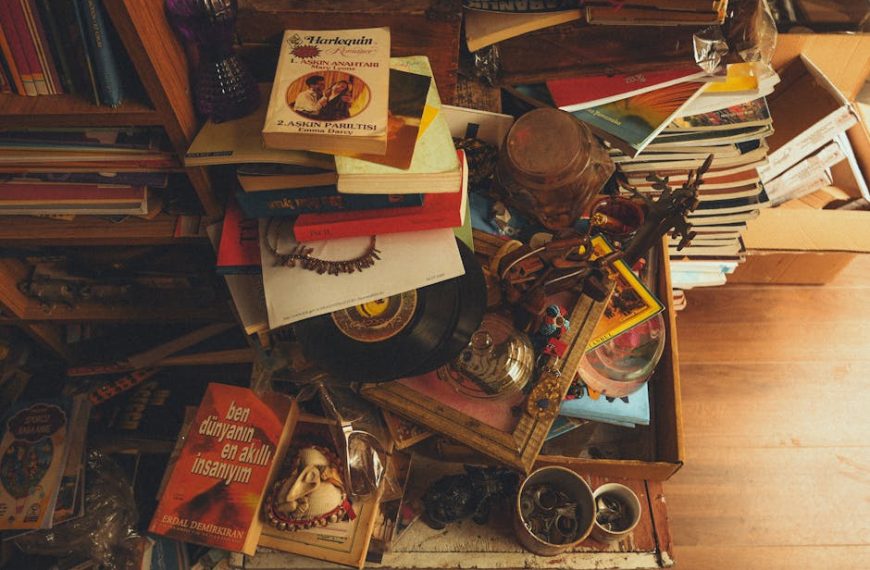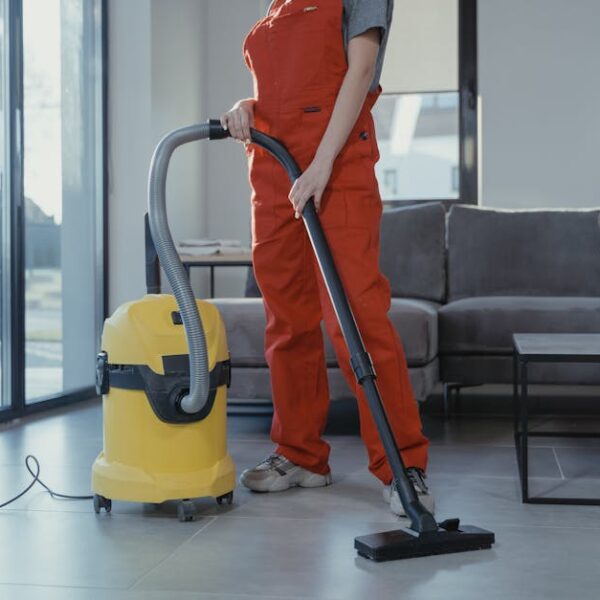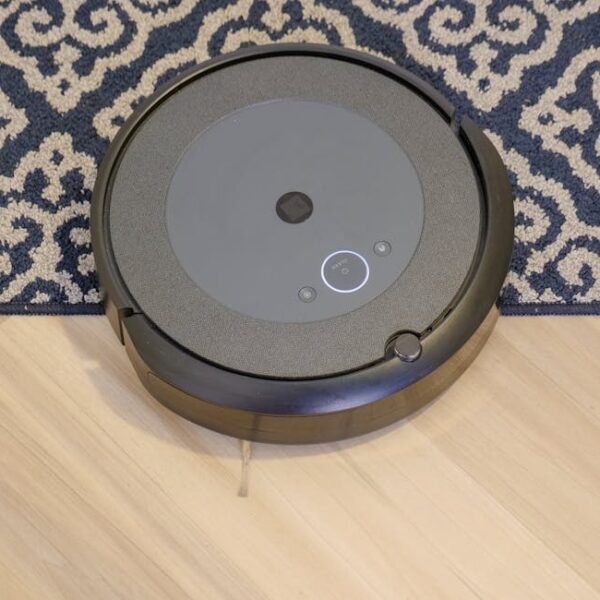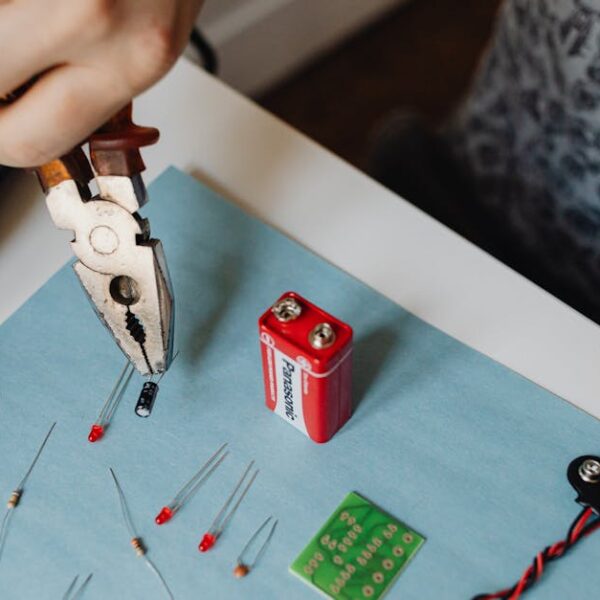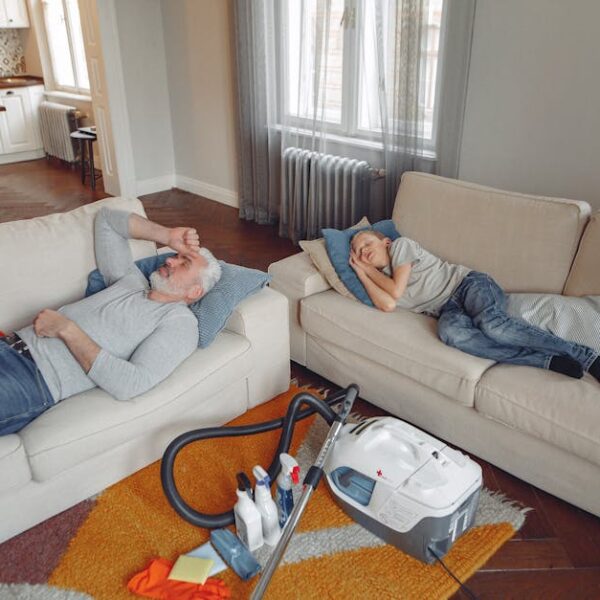A fresh home is a happy home, or so the saying goes. However, in reality, things can often be less than fresh, especially when the smell of the sewer takes over the place after doing laundry. This situation can be quite unpleasant and mystifying. You might naturally wonder, Why does my house smell like a sewer when I do laundry? The answer often lies in the complex interplay of your plumbing system, the cleaning agents you use, and the level of ventilation in your house.
Understanding the Root Cause
From plugging your nose every laundry day, the quest to overcome the conundrum of the sewer smell in a home starts by identifying its root cause. More often than not, issues with your plumbing system, particularly your sewer line, are the prime culprits. Other common causes include the use of too harsh or chemical-heavy cleaning agents in washing your clothes.
- Pro Tip: Trace where the smell is the strongest in your home. Are there other signs of sewer issues like slow drainage or gurgling sounds in the pipes? It helps in diagnosing the problem.
Dealing with Sewer Line Issues
Clogs or cracks in your sewer lines can let out the characteristic smell, tainting the freshness you associate with laundry. In some cases, the smell is merely due to dried-out water seals in seldom-used floor drains (the ones in your cellar or garage). These instances call for different solutions – from trying out DIY fixes like clear-outs with augers or plungers for minor blockages to more complex situations requiring professional input.
- Versus: While most homeowners prefer DIY solutions due to the prospect of cost-saving, professional help is mandatory for serious sewer line issues, providing expertise and a lasting solution that outweighs the initial cost outlay.
Effect of Cleaning Agents on Laundry Smell
Not all laundry smells are due to sewer issues. Sometimes, the detergent or fabric softener you’re using is too harsh, causing a smell that resembles or mixes with the sewer’s characteristic odor. When dealing with this problem, consider eco-friendly alternatives which have a tendency to be less harsh and bear a neutral or fresh scent.
- Checklist:
1. Identify if your cleaning agent is too strong.
2. Opt for a less harsh, eco-friendly detergent or fabric softener.
3. Gradually shift to the new cleaning agent to assess its effectiveness.
4. Monitor the changes in the smell after doing your laundry.
In the next section, we will delve deeper into improving ventilation to reduce smell and the role of professional cleaners. However, remember that it’s crucial for you to identify the root cause of the sewer smell when doing laundry then act accordingly. Rest assured that with the right approach, the fresh home you desire is indeed attainable.
Improving Ventilation to Reduce Smell
An imperative step to revamping your indoor environment, promoting ventilation, diminishes the presence of the sewer smell in your home. If you’re in a battle with bad smells, especially after doing laundry, make sure your house is well-ventilated to allow fresh air in and odors out.
- Pro Tip: Make a habit of airing your home regularly, even in winter. Try using an air purifier or a dehumidifying fan in damp areas of your house to encourage airflow and prevent the intricate sewer smell.
Cracking a window or running an exhaust fan also does wonders in your laundry room. Of course, the thought of letting icy winter air into your home isn’t appealing to many. But remember, balancing freshness with comfort is essential.
- Pros and Cons: Open windows invite fresher air and enable better circulation, but can also entail energy inefficiency due to heat loss in winter. Weigh your options and consider cracking a window open only during laundry time or using an exhaust fan to prevent cold air from pervading your cozy abode.
Professional Cleaners and Their Role
When all DIY attempts seem futile, it might be high time to consider professional intervention. Cleaners specializing in odor elimination can help you regain the refreshing aura of your home and can tidy up the potential mess created by your sewer line issues or the aftermath of a botched DIY. They understand how to clean different surfaces effectively and use odor-neutralizing agents while leaving your home with a pleasant smell.
- Best Practices: Always check the credentials of the professional cleaner. Ask for references, read reviews and don’t hesitate to ask about their experience in dealing with situations like yours.
Handing off this problem to a professional could be just what you need to combat the stubborn sewer smell, but remember this includes some factors worthy of consideration.
- Checklist:
1. Verify the certification of your cleaner.
2. Ask about their specific expertise and experience.
3. Enquire about the cleaning solutions they use.
4. Get a clear quote on the cost and timeline.
In conclusion, the journey from ‘my house smells like a sewer when doing laundry’ to ‘my house smells fresh and clean’ is often one of trial, patience and resilience. But remember, whether it’s seeking solutions to plumbing issues, switching to better cleaning agents, enhancing ventilation, or hiring professional cleaners, a fresh-smelling home lies at the end of this path. Laundry day need not be a day of dread, and with these steps, it won’t be!
Key Takeaway:
- The smell of sewers during laundry may be due to complex issues involving the plumbing system, the cleaning agents used, or poor ventilation in the house.
- Problems in the sewer lines, blockages and breaks can cause unpleasant odours. Professional help may be needed for severe issues.
- Harsh cleaning agents can contribute to sewer-like smells. Using less harsh, eco-friendly cleaning agents that are odor-neutralizing can help mitigate such problems.
- Ventilation plays a vital role in controlling unwanted smells. Regular airing and use of fans or air purifiers can significantly mitigate the problem.
- Professional cleaners can play an important role in combating persistent odour issues. They possess expertise in dealing with various situations and use odor-neutralizing agents.
A smelly laundry day can be quite stressful, but remember, treading the path of identifying the root cause, resolving sewer line issues, opting for eco-friendly cleaning agents, and improving ventilation can make a considerable difference. The peace of a fresh-smelling home isn’t far off if the right steps are taken. So, let’s freshen up!
How Can I Prevent Sewer Smell When Using My Vacuum Cleaner After Water Cleanup?
To prevent sewer smell when using your vacuum cleaner after a water cleanup, ensure thorough drying and sanitize the vacuum’s components. Using effective water damage solutions can also help eliminate odors and prevent mold growth, keeping your space fresh and clean during the cleanup process.
FAQs
Q: How often should I inspect my sewer lines to prevent unpleasant smells during laundry?
A: Regular inspections keep your sewer lines in check, preventing potential issues. It’s ideal to have them inspected by professionals every 18 to 22 months, though a yearly check wouldn’t hurt.
Q: What are some signs that my cleaning agents might be too harsh?
A: If you’re getting a strong chemical smell from your laundry, it might be a signal that your cleaning agents are too harsh. Additional signs may include irritation to skin or respiratory issues.
Q: Can improving ventilation alone resolve the sewer smell during laundry?
A: Improving ventilation is a key part of tackling the problem, but it might not solve it entirely if issues with your sewer lines or cleaning agents remain unresolved. It should be part of a comprehensive strategy.
Q: When should I consider hiring a professional cleaner to deal with the sewer smell during laundry?
A: If you’re unable to pinpoint or resolve the issue even after checking your sewer lines, switching cleaning agents, and enhancing ventilation, you should consider a professional cleaner. Their expertise might be just what you need.
Q: How should I choose a suitable professional cleaner to deal with the problem?
A: Always check their credentials, ask for references, and read reviews. Enquire about their specific experience in dealing with situations similar to yours. Also, get a clear quote on the cost and timeline.
Feel free to share this article and explore more posts on our website regarding common household issues and their solutions. Good luck in your quest for a fresh-smelling home!


